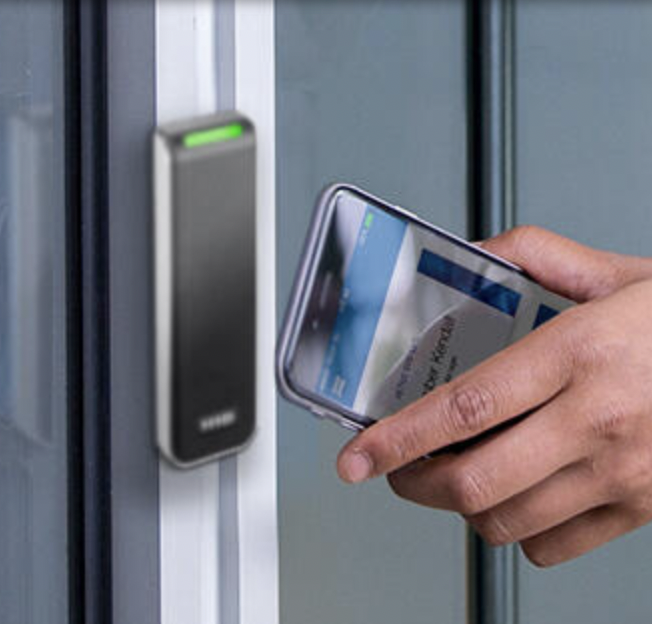Small and medium-sized enterprises (SMEs) are increasingly becoming targets of cyberattacks. Hackers have already gained access to networks and data of one in three German SMEs through stolen passwords. HID, the world’s leading provider of trusted identity solutions, shows how SMEs can protect themselves with the help of multi-factor authentication (MFA).
Although SMEs are the engine of the German economy, their structure also makes them particularly vulnerable to cybercrime. Companies often lack the time and resources for an effective IT security structure. At the same time, these companies are also aware that they are an easy target: In a recent study, half of all respondents said they were afraid of a hacker attack. After all, such an incident paralyses companies for some time and the perpetrators use the stolen data for further attacks or blackmail.
To prevent cyber criminals from accessing company accounts and computer networks in the first place, SMEs should switch to an MFA solution instead of a single factor for authentication, such as a password. This verifies a user’s identity using a combination of factors, such as a smart card, security key, one-time password (OTP), PIN or biometric data. HID explains the benefits of MFA.
1. ends dependency on passwords
A person has to create hundreds of passwords in their personal and professional life. Impossible to remember so many different ones. So many users always use the same password, no matter if it’s to log into the company network or the private bank account. This habit makes it easy for hackers, because once they have captured the password, they gain access to several accounts at once. Passwords have another disadvantage: if forgotten, a time-consuming process of resetting begins. MFA ends the dependency on passwords, makes data more secure and improves the user experience.
2 Promotes Hybrid Work Security
The modern workforce works from anywhere, at any time. This also means that employees access networks and applications via private and business devices. The security of internet connections is not always guaranteed. Since even the most savvy cybersecurity team can’t always control where employees log in from, MFA can help ensure secure access to systems.
3. slows down malicious actors.
MFA is very effective in stopping extortion software and other cyber-attacks, also testifies the EU police agency Europol. Even if the attackers have the password for an account, a multi-step login process prevents them from gaining access to the data. MFA seals all weak access points of an unsecured system and can prevent 99.9% of attacks, according to Microsoft.
4. simplifies security structures
Many company leaders fear that implementing a multi-step verification process is complicated and lengthy. The opposite is true. There are solutions that can be deployed within days and cover all devices, applications and networks. It is optimal if companies can choose between several methods, for example OTP and push notifications, and different form factors, such as cards or mobile phones. This way, users are assigned options that best fit their security needs.
“SMEs need to find a way to better protect themselves and their sensitive data,” emphasises Dorian Witkowski, Sales Director DACH and Eastern Europe at HID. “MFA can be a fundamental part of SMEs’ cybersecurity strategy because MFA allows them to quickly and easily increase security and convenience. It reliably prevents unauthorised access to critical resources such as databases, networks, servers, multi-user devices or employee computers.”





